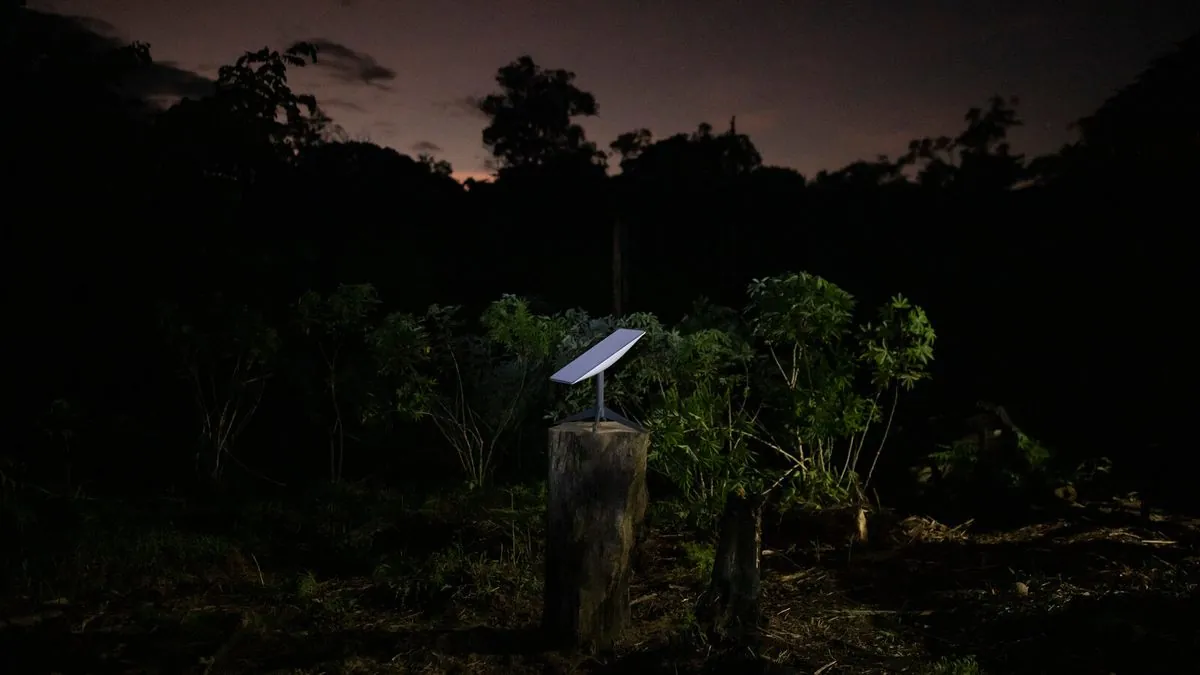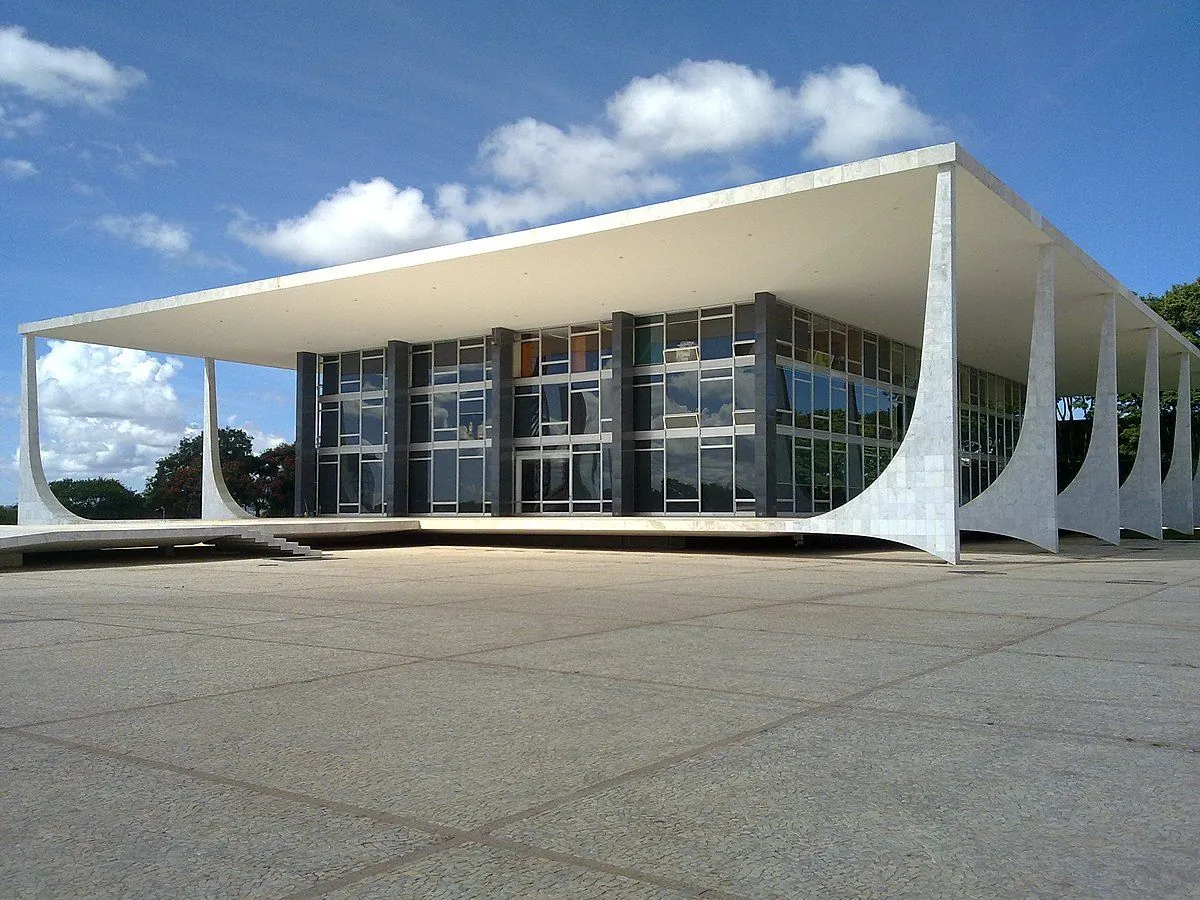Starlink Yields to Brazilian Court, Blocks X Access Amid Legal Tussle
Starlink, Elon Musk's satellite internet provider, has agreed to comply with a Brazilian court order to block access to X, formerly Twitter, despite initial resistance. The decision comes amid a complex legal battle involving content moderation and jurisdiction.

In a significant development, Elon Musk's satellite internet service Starlink has reversed its stance and announced compliance with a Brazilian Supreme Court order to block access to X, the social media platform formerly known as Twitter. This decision marks a pivotal moment in the ongoing legal dispute between Musk's companies and Brazilian authorities.
Starlink, which operates a constellation of satellites providing internet access to remote areas, issued a statement on September 2, 2024, declaring its intention to adhere to Justice Alexandre de Moraes' directive. This compliance comes despite the company's assets being frozen by the court, a move that Starlink has described as "illegal treatment."
"Regardless of the illegal treatment of Starlink in freezing our assets, we are complying with the order to block access to X in Brazil. We continue to pursue all legal avenues, as are others who agree that @alexandre's recent order violate the Brazilian constitution."
The conflict stems from X's refusal to block certain users, primarily far-right activists accused of undermining Brazilian democracy, and its reluctance to appoint a local legal representative. This representative would be responsible for swiftly implementing court decisions, particularly regarding content takedowns.

The case has raised complex legal questions about the relationship between Musk's various companies. Justice de Moraes froze Starlink's assets to compel payment of X's accumulated fines, which exceeded $3 million. However, legal experts have questioned this action, given that Starlink's parent company, SpaceX, and X have distinct shareholder structures.
Brazil, the largest country in South America with over 200 million inhabitants, has been grappling with issues of online disinformation and its impact on democratic processes. The Brazilian Constitution of 1988 guarantees freedom of expression but also allows for certain restrictions, creating a delicate balance between free speech and content moderation.
Starlink's services are particularly crucial in Brazil's remote regions, including parts of the Amazon rainforest, where it is often the only available internet option. The company reports having more than 250,000 clients in the country, highlighting the potential impact of this legal dispute on connectivity in underserved areas.
The Brazilian telecommunications regulator, Anatel, had warned of potential equipment seizures from Starlink's 23 ground stations if the company continued to disobey the court order. This threat underscores the complex interplay between national sovereignty and the operations of global tech companies.
As this situation unfolds, it reflects broader global tensions between tech giants and national governments over issues of content moderation, legal jurisdiction, and the balance between free speech and societal stability. The outcome of this case could have far-reaching implications for how international tech companies operate within Brazil's legal framework and potentially influence similar disputes in other countries.


































